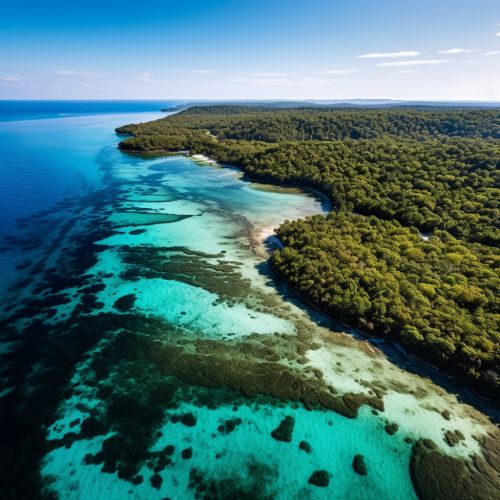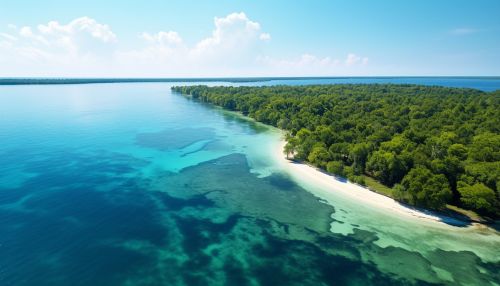Bay of Pigs Invasion
Background
The Bay of Pigs Invasion, known in Latin America as "Invasión de Bahía de Cochinos" or "Batalla de Girón", was a failed military operation conducted by the Central Intelligence Agency (CIA) during the early years of President John F. Kennedy's administration. Aimed at overthrowing the socialist government of Fidel Castro in Cuba, the operation was launched in April 1961, less than three months after Kennedy took office.


Planning and Preparation
The plan for the invasion was conceived during the presidency of Dwight Eisenhower, with the CIA playing a central role in its development. The agency began recruiting and training Cuban exiles in the United States, forming a paramilitary group known as Brigade 2506. The brigade was trained in guerrilla warfare and counter-insurgency tactics, with the intention of infiltrating Cuba and instigating an uprising against Castro's government.
Invasion
The invasion began on April 17, 1961, when Brigade 2506 landed at the Bay of Pigs, a remote location on the southern coast of Cuba. The invaders were met with strong resistance from the Cuban military, and the operation quickly turned into a disaster for the United States. The invasion force was vastly outnumbered and outgunned, and within three days, the entire brigade had been captured by Cuban forces.
Aftermath
The failure of the Bay of Pigs Invasion had far-reaching consequences for the United States. It was a major embarrassment for the Kennedy administration and significantly damaged U.S.-Cuba relations. The incident also led to a strengthening of ties between Cuba and the Soviet Union, setting the stage for the Cuban Missile Crisis in 1962.
Legacy
The Bay of Pigs Invasion remains a significant event in Cold War history. It is often cited as a prime example of the dangers of covert military operations and the potential for unintended consequences in foreign policy. The invasion also had a lasting impact on the Cuban people, solidifying Castro's rule and intensifying anti-American sentiment in the country.
